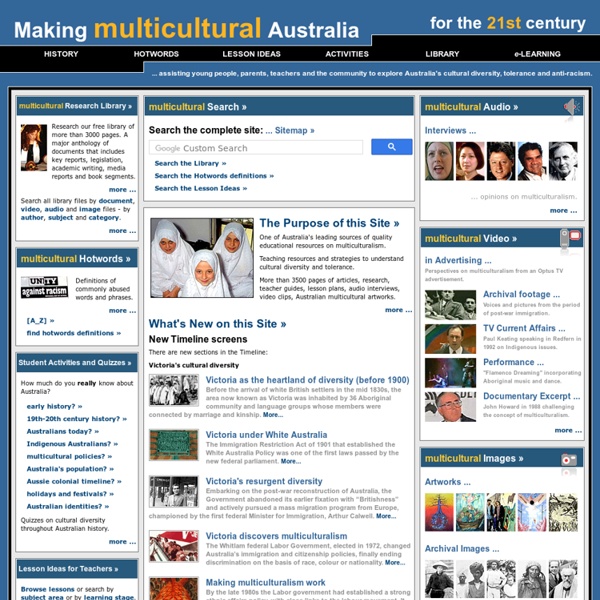



Fact Sheet 4 – More than 65 Years of Post-war Migration On this page The Department of Immigration and Border Protection has facilitated the permanent migration of more than seven million people since its establishment in 1945. The contribution of migrants to Australian society, culture and prosperity has been an important factor in shaping our nation. A large-scale program of migration to Australia began at the end of World War II when millions of people in Europe were displaced from their homelands. During this time in Australia, there was a desperate shortage of labour and a growing belief that substantial population growth was essential for the country's future. These and other factors led to the creation of a federal immigration portfolio in 1945. By 1947, a post-war immigration boom was under way, with a large and growing number of arrivals including those on government-assisted passage. One million more migrants arrived in each of the following four decades. Early migration waves Post-war developments There were also significant intakes of:
Results: Immigration Museum Immigration Museum home Skip to main content Discovery Centre Resources Topic > Immigrant Communities Immigrant Communities 13 Results Brazilian Migration to Australia An Immigration Discovery Centre reference sheet on Brazilian migrants in Australia. Croatian Migration to Australia An Immigration Discovery Centre reference sheet on Croatian migrants in Australia. Dutch Migration to Australia An Immigration Discovery Centre Resource Sheet on Dutch migrants in Australia. Ethiopian Migration to Australia An Immigration Discovery Centre reference sheet on Ethiopian migrants in Australia. German Migration to Australia An Immigration Discovery Centre Reference Sheet on German migrants in Australia. Immigration Discovery Centre (IDC) The Immigration Discovery Centre (IDC) offers a range of information about family history research, shipping indices, immigration and cultural diversity. Irish Migration to Australia An Immigration Discovery Centre reference sheet on Irish migration to Australia
The Scaffold
Educational resources about multiculturalism and cultural diversity by karenmalbon Jun 11